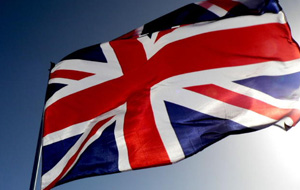 With the news of the UK’s exit from the European Union still reverberating, there has been lots to take in since the announcement of the referendum result on 24 June. Voting remain or leave have many different viewpoints attached, however in terms of the arts it is clear that the UK would have benefitted from remaining in the European Union.
With the news of the UK’s exit from the European Union still reverberating, there has been lots to take in since the announcement of the referendum result on 24 June. Voting remain or leave have many different viewpoints attached, however in terms of the arts it is clear that the UK would have benefitted from remaining in the European Union.
The UK cultural sector could face restricted access to European funding and depleted talent pools of workers as a result of Britain’s withdrawal from the European Union. Arts leaders have called for unity as a result of the vote, specifying that theatre and the arts will suffer as a result of a potential decrease in funding for work to continue to develop. Leading campaigners have argued that theatre and the arts have been endangered following the UK’s decision to exit the European Union, with less security now than previously.
Noting other departures from parliament following the resignation of Prime Minister David Cameron, the Shadow culture secretary Maria Eagle has also resigned. At the end of June she became the 18th politician to depart the shadow cabinet in the space of 48 hours, leaving uncertainty and fear in her wake. With news of exiting the European Union still fresh and raw, it seems the biggest problem is the uncertainty the vote has brought. The country – and the arts – appears to be in a purgatory, uncertain as to what the future holds and with little information formany reasonable conclusions.
One arts leader in particular, National Theatre director Rufus Norris, has urged the performing arts industry not to show fear, but use the arts to give a voice to society following the European Union referendum result. It is ironic that the arts are often used to escape the everyday world, and are much needed now, but with a potential loss of funding this may not always be the case.
